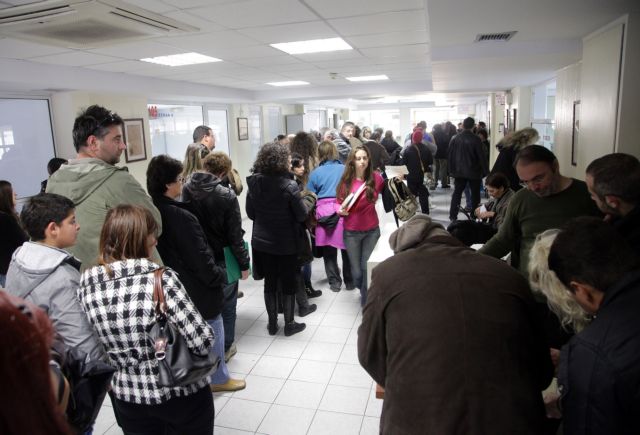In its effort to tackle the perpetual tax evasion problem and bolster public revenue, the government has decided to document most transactions of tax payers, from bank accounts, to credit card payments, phone bills, tuition fees and other expenses.
The Ministry of Finances will collect the sensitive financial data directly from banks, insurance companies, education institutes, phone companies, public utilities, in order to create a financial and consumer profile of each taxpayer. This data will be collected every year and the government expects that the crosschecks will reveal instances of tax evasion.
Banks will also be required to provide detailed information on the transactions for loans, credit card payments, issuing of checks and overseas remittances. This will affect everyone, both in the private and public sector, including pensioners. The sensitive data will be stored on the Taxisnet for six years and then destroyed, if it has not been used.
Ultimately, the government claims that this data will help determine the assets, property, income and expense habits of each taxpayer in order to establish an asset register, which in turn will make taxation simpler.





